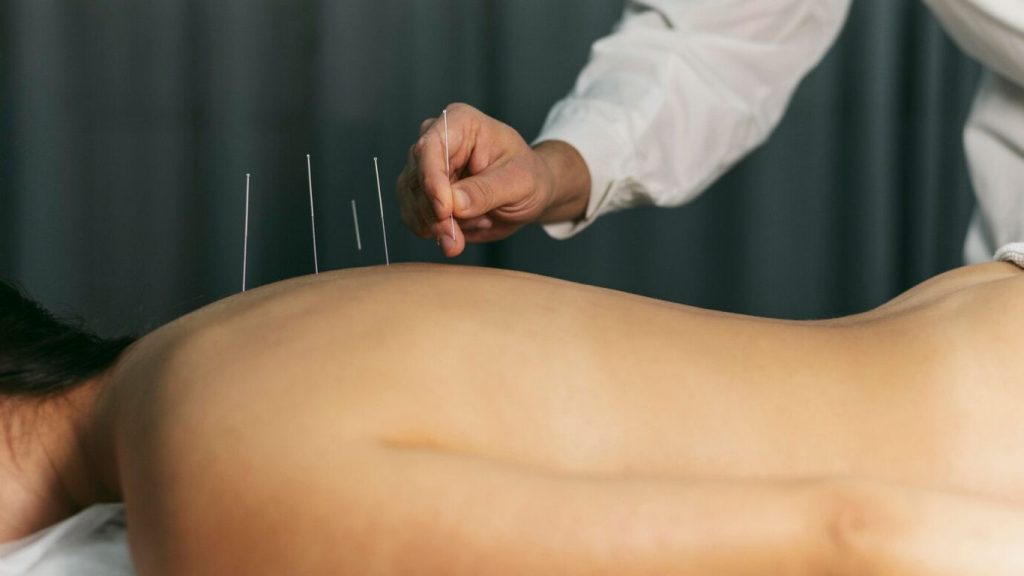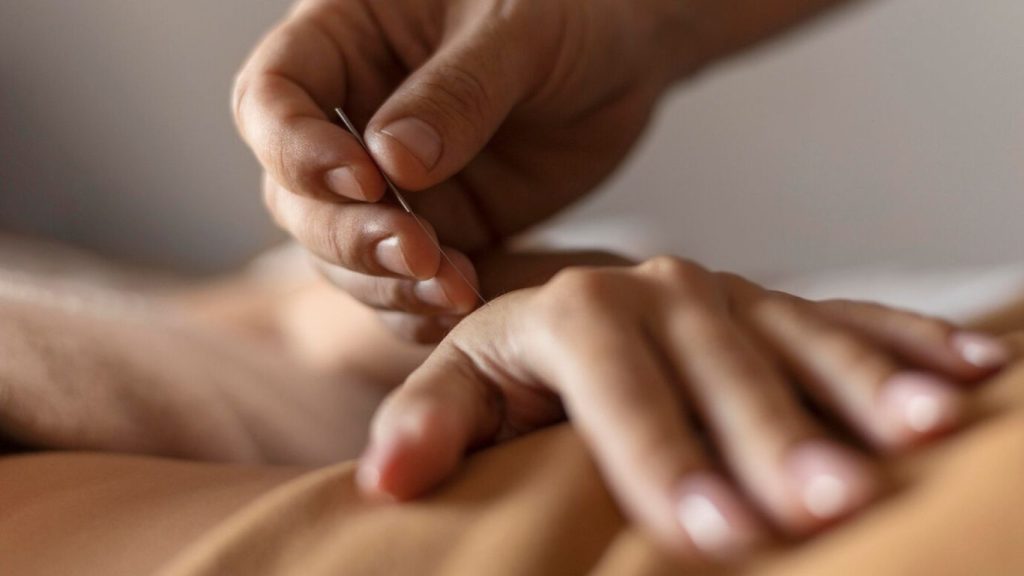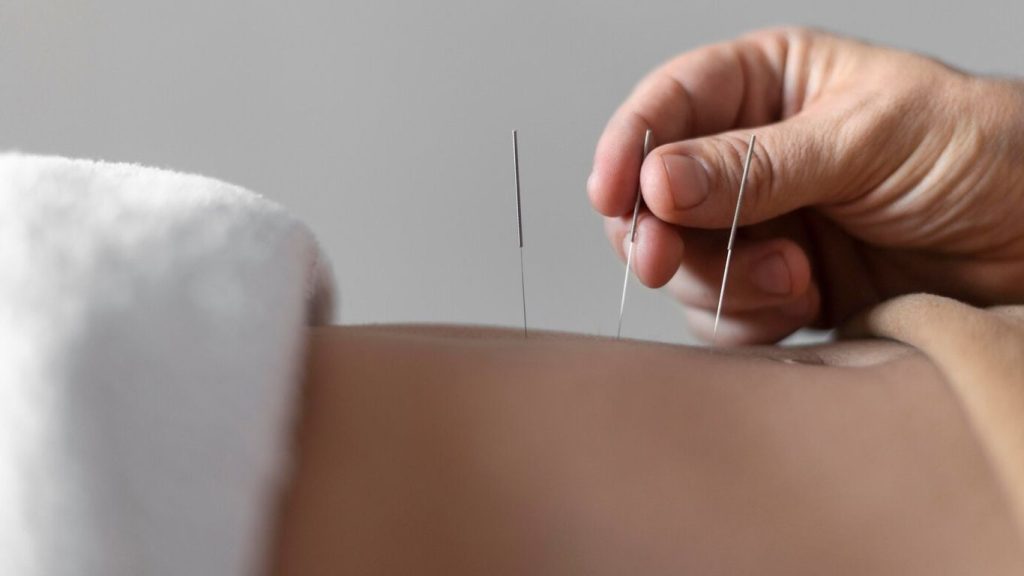Introduction
Acupuncture, an ancient practice rooted in Traditional Chinese Medicine (TCM), has become a popular alternative therapy for a variety of health concerns. This holistic approach involves inserting thin needles into specific points on the body to stimulate energy flow and promote healing. If you’ve embarked on an acupuncture journey or are considering it, you might be wondering how to discern whether it’s having a positive impact on your health. In this comprehensive guide, I’ll walk you through the signs that indicate acupuncture is working, helping you gain confidence in this natural healing method. Let’s explore the subtle and not-so-subtle indicators that signify the effectiveness of acupuncture.

Understanding the Basics of Acupuncture
The Art of Acupuncture
To truly appreciate the signs of acupuncture working, it’s important to understand the fundamentals of this ancient practice. We’ll explore the principles of acupuncture and its holistic approach to healing.
The Power of Energy Flow
Acupuncture is based on the concept of Qi (pronounced “chee”), the vital energy that flows through the body’s meridians. Learn how acupuncturists aim to balance this energy for optimal health.
Initial Experiences and Sensations
Sensations During Acupuncture
One of the most immediate signs of acupuncture working is the unique sensations you might experience during a session. I’ll share personal anecdotes and explain sensations like tingling, warmth, and relaxation.
Immediate Relief
Some lucky individuals find relief right after their first acupuncture session. Discover how you can identify immediate improvements, such as reduced pain or increased relaxation.
Subtle Shifts in Energy
Enhanced Sleep Quality
A good night’s sleep is often a sign of improved health. We’ll discuss how acupuncture can positively affect your sleep patterns, leaving you feeling more rested and refreshed.
Increased Vitality
Energy levels play a crucial role in our daily lives. Find out how acupuncture can boost your vitality, reduce fatigue, and improve overall well-being.
Read Also : Banish UTI Bloating

Managing Pain and Discomfort
Pain Reduction
Many people turn to acupuncture for pain management. We’ll delve into how this ancient practice can effectively alleviate various types of pain, from chronic to acute.
Improved Mobility
If you’ve been struggling with restricted mobility due to pain or discomfort, acupuncture might provide the relief you’ve been seeking. Learn how it can enhance your range of motion.
Emotional and Mental Well-Being
Stress Reduction
Stress can take a toll on your emotional and mental health. Discover how acupuncture can be a valuable tool for reducing stress and promoting emotional balance.
Enhanced Mood
Your emotional well-being is closely linked to your physical health. We’ll discuss how acupuncture can help improve mood, alleviate symptoms of anxiety and depression, and bring about a sense of inner calm.
Digestive Harmony
Gastrointestinal Wellness
Acupuncture can extend its benefits to digestive health as well. Explore how it can address common digestive issues like indigestion, bloating, and irritable bowel syndrome (IBS).
Nutritional Support
Achieving better eating habits is often a part of a holistic health journey. Learn how acupuncture can indirectly support your efforts to eat healthier and feel better.

Conclusion – Embrace the Signs of Healing
In the concluding chapter, we’ll recap the key takeaways and encourage you to embrace the signs of healing you may experience through acupuncture. Remember that every individual’s journey is unique, and your experience may differ from others. By understanding these signs, you can gain confidence in the effectiveness of acupuncture as a valuable tool for enhancing your overall well-being. Embrace the potential for healing and continue your path to optimal health through acupuncture.
Frequently Ask Questions
It’s like asking when you’ll win at Bingo; it varies. Some feel instant relief, while others need multiple sessions.
Generally, no. You might feel a tiny prick, sort of like when you realize you left your coffee on the roof of your car.
Give it time. Acupuncture is not a magician; it’s not going to pull a rabbit out of a hat—or a needle out of a skin—instantly making you feel better.
No. It’s a complementary therapy, like adding fries to your burger. Always consult with healthcare providers for a comprehensive treatment plan.
Generally, yes. Unless your normal activities include extreme sports; maybe give those a miss for a day or two.
In Traditional Chinese Medicine, the tongue is a diagnostic tool. But no, they won’t grade you on your ability to roll it into a taco shape.
It depends on the practice. They won’t stick it to you for not tipping, but it’s a good way to say “thanks” if tipping is accepted.

[…] Read Also : How to Know Acupuncture is Working […]